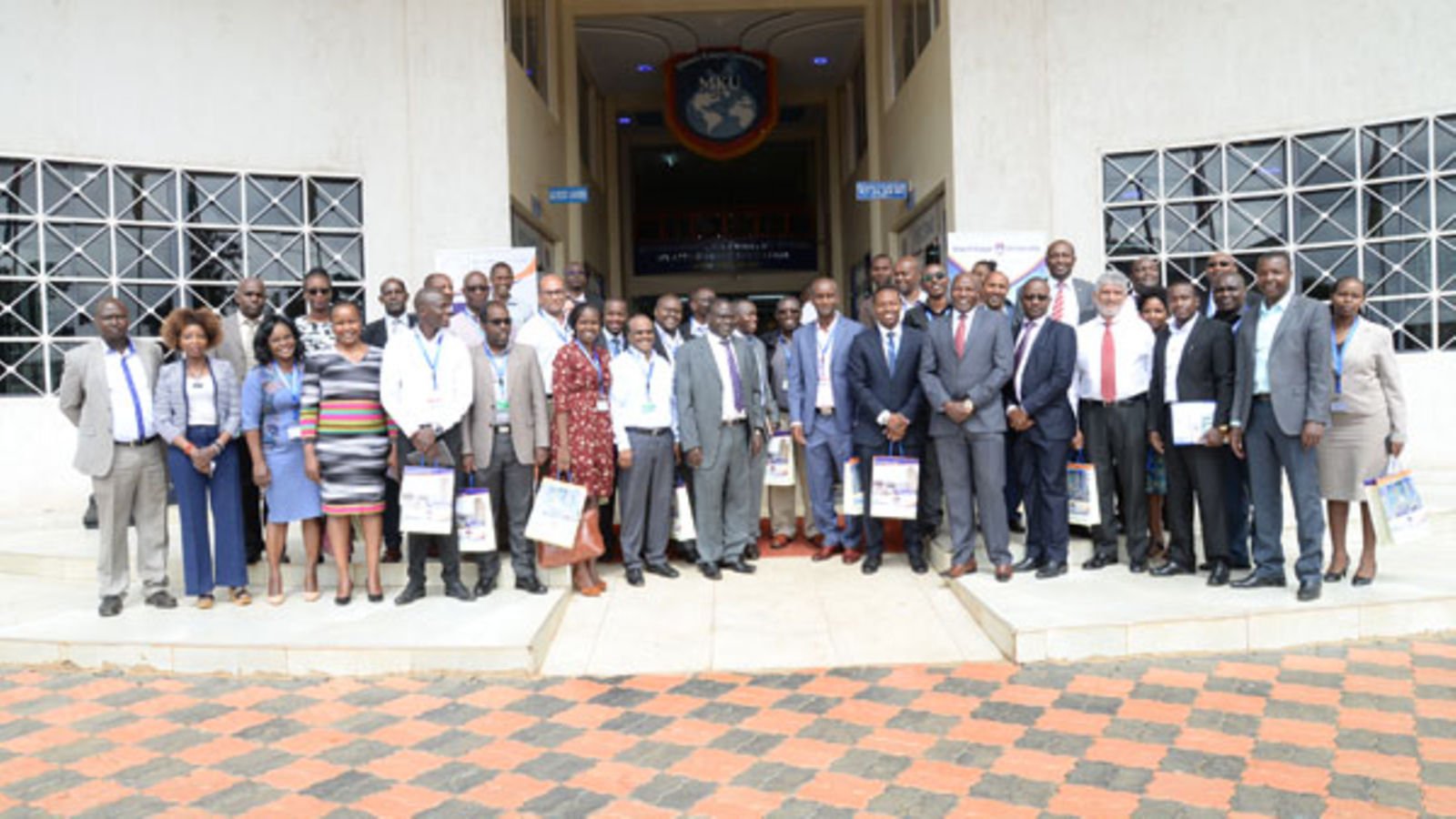
Thika Industries Breakfast Forum
Ladies and gentlemen, on behalf of the University Management, I express gratitude to all our guests for honouring our invitation. Your presence is a testimony that we are stakeholders in the higher education centre and that cooperation among stakeholders is necessary for Universities to:
- Generate new knowledge through research.
- Transfer knowledge and impart useable skills through teaching with aim of producing competent and skilled workers.
- Provide innovative service to the society.
- Manage knowledge.
- Government – responsible for legal regulation, financial support and job creation and among others.
- Alumni – provide feedback and support.
- Parents – pay fees.
- Employers – offer employment.
- Foundations – provide grants.
As Universities implement their mission, satisfying job market requirements is emerging as a major challenge, particularly when knowledge and skills are transferred in a classroom in the absence of external stakeholders’ participation.
Stakeholders participation, can influence the relevance of the generated and transferred knowledge and skills by Universities. According to Persqueux and Damak Ayadi, 2012, stakeholders are “All agents who can influence or become influenced when implementing objectives of an organization”.
Some stakeholders for example students in the education sector are direct beneficiaries of activities performed by an institution of learning while others for example external stakeholders (Government, Alumni, Parents, Employers and Foundations among others) influence by playing and intermediary role and have an impact on the outcomes.
Ladies and gentlemen, the roles of the various external stakeholders in the higher education sector are, for example:
Ladies and gentlemen, the Stakeholders Theory (Freeman, 1984) makes it clear that “an organization which manages stakeholders relationships effectively will survive longer and perform better than an organization that does not”.
In conclusion, we believe that by having cooperation and good relationship with our stakeholders we will be able to develop and sustain competitive advantages necessary for shared prosperity.
Thank you.
Prof. Stanley W. Waudo, Ph.D
VICE-CHANCELLOR












